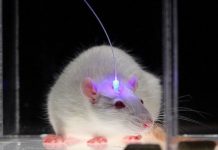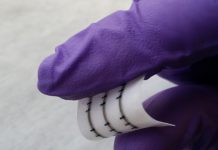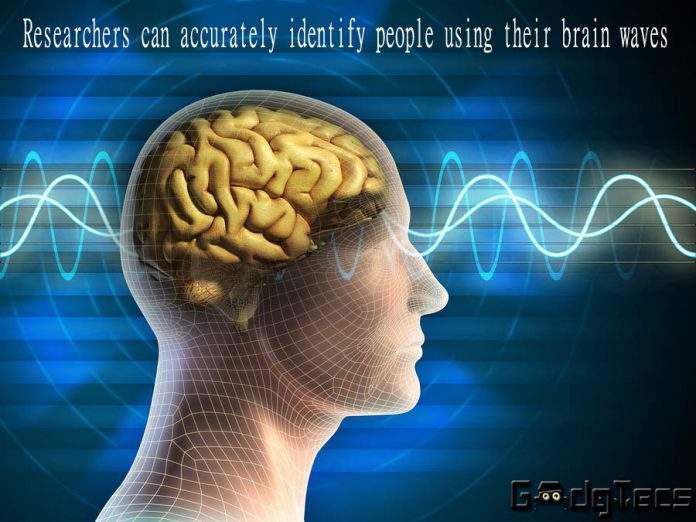Yes, Brain Waves.
For the longest time, the world has relied on fingerprints as a technique to easily identify individuals. It’s because a fingerprint is unique (and permanent) for each individual—so what happens when somebody’s fingerprint is stolen? This might sound slightly far-fetched, however it’s straightforward enough to take a fingerprint from another, you simply have to swipe a glass that they held. For some older machines, a photocopy of the person’s fingerprint will also do.
And naturally, you possibly can’t grow a brand new finger to switch the print. Which means that, when it gets compromised, it’s compromised forever. However now, researchers from Binghamton University have discovered a more efficient solution to identify individuals—utilizing brain waves.
Because individuals react to varied stimuli—such as foods, or phrases, or celebrities—in a different way, it means individuals’s brain waves will even exhibit varying patterns when these things are presented to them. No two individuals will present the identical brain pattern when offered a picture of, say, a cat.
This led researchers to look into how this may be applied to security and identification. They examined the brain activity of fifty people who wore electroencephalogram devices as they had been shown 500 photographs (which included pictures of celebrity, a pizza, a ship, and some words).
The outcome? Vital discrepancies in brain activity that was sufficient to define a ‘brainprint’ with 100% accuracy.

Where will ‘BrainPrints’ be used?
Future applications of this technology will in all probability not be used to unlock smartphones, thought that cannot be ruled out. The group behind the work sees loads of potential for it when it comes to high-security settings, where a restricted number of authorized users need ultra high-level access.
“We tend to see the applications of this system as being more along the lines of high-security physical locations, like the Pentagon or Air Force Labs, where there aren’t that many users that are authorized to enter, and those users don’t need to constantly be authorizing the way that a consumer might need to authorize into their computer or phone.”
Brainprints are more efficient for such functions, provided that the brain biometrics of a person is very arduous to steal, and in the unlikely occasion that it does get compromised, the precise identifier can simply be cancelled and reset. At which point, the authorized person can merely create a brand new brainprint.
The research, titled “CEREBRE: A Novel Method for Very High Accuracy Event-Related Potential Biometric Identification,” was recently published in IEEE Transactions on Information Forensics and Security.
















































[…] Researchers can accurately identify people using their brain waves […]